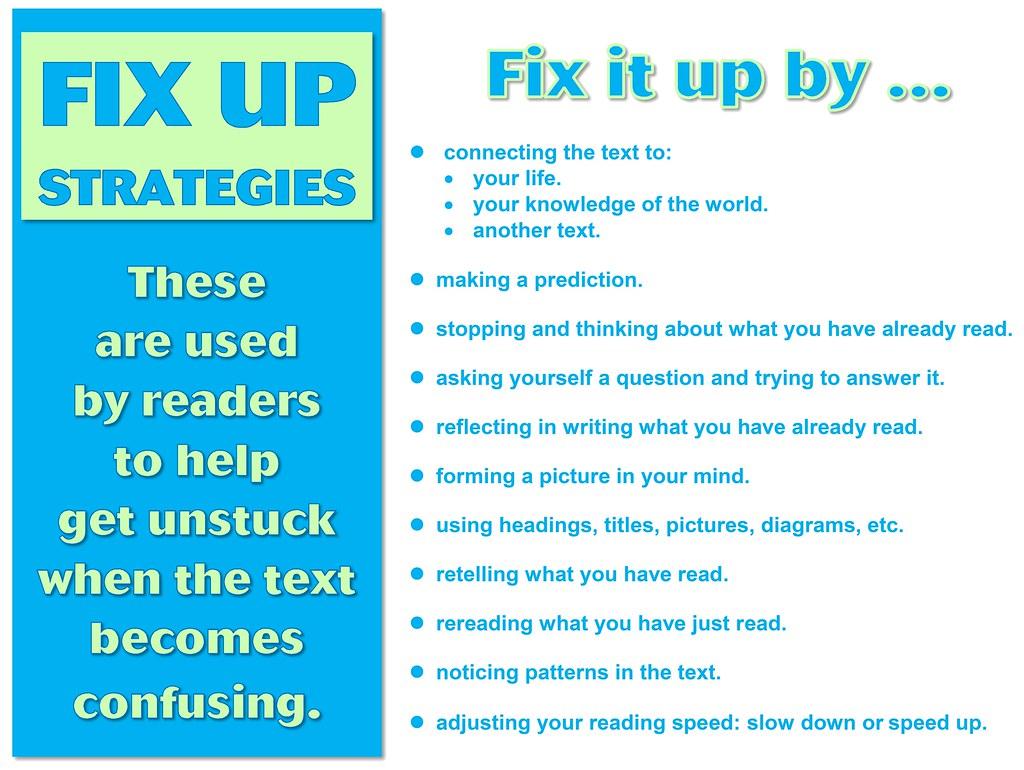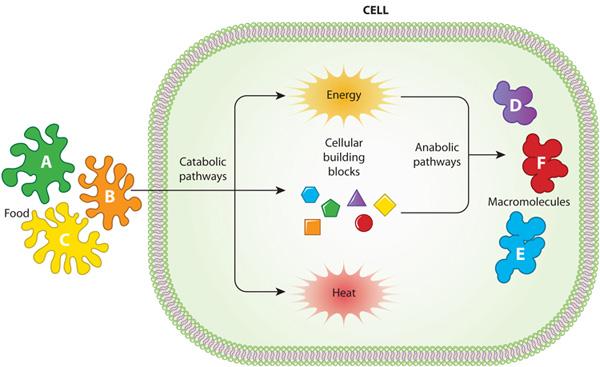As the world grappled with the unprecedented challenges brought on by the COVID-19 pandemic, researchers sought to understand the impact on the youngest members of society. A recent study delves into the effects of the global crisis on the developmental milestones of infants and young children, uncovering surprising findings that shed light on the resilience of the human spirit in the face of adversity. While the findings may offer reassurance to parents, educators, and healthcare professionals, they also raise important questions about the long-term implications of the pandemic on the next generation.
– Impact of COVID-19 on Developmental Milestones in Infants and Young Children
A recent study conducted on the impact of the COVID-19 pandemic on the developmental milestones of infants and young children revealed some interesting findings. While there were concerns that the disruptions caused by the pandemic may have led to significant delays in developmental progress, the study actually found that only a small percentage of children experienced noticeable setbacks.
- Most children continued to reach their developmental milestones within the expected time frame.
- The study highlighted the resilience and adaptability of infants and young children in the face of challenging circumstances.
- Factors such as access to support services, parental involvement, and individual differences in child development were identified as key contributors to variations in outcomes.

– Factors Contributing to Milestone Delays in Early Childhood
According to a recent study, the COVID-19 pandemic has had some impact on the developmental milestones of infants and young children. While it is not surprising that the pandemic has led to delays in certain areas, the research shows that the effects are not as widespread as one might expect. Factors contributing to milestone delays in early childhood include:
- Disruption of routine: The sudden changes in daily life brought about by lockdowns and social distancing measures have disrupted children’s routines, which can affect their development.
- Reduced social interactions: The lack of social interactions with peers and extended family members can lead to delays in social and emotional development.
- Increased screen time: With more time spent indoors, children may have increased exposure to screens, which can impact their cognitive development.
Despite these challenges, the study also found that many children have been able to adapt to the new normal and continue to meet their developmental milestones on track. It highlights the resilience and flexibility of young children, as well as the importance of providing support and resources to families during these uncertain times.

– Strategies for Supporting Children’s Development During and Post-Pandemic
Recent research has shown that the COVID-19 pandemic has had a minimal impact on the developmental milestones of infants and young children. While there have been some delays in certain areas, the overall effects have been limited. This is great news for parents and caregivers who may have been concerned about the long-term impact of the pandemic on their child’s development.
However, it is important for parents to continue to support their child’s development during and post-pandemic. Here are some strategies to help children thrive during these challenging times:
- Provide a stable and nurturing environment: Children thrive when they feel safe and loved. Create a stable routine and offer plenty of affection and support.
- Encourage play and exploration: Play is essential for children’s development. Encourage imaginative play, outdoor exploration, and hands-on activities.
- Limit screen time: Excessive screen time can have negative effects on children’s development. Set limits on screen time and encourage other activities instead.

– Importance of Early Intervention for Developmental Delays
While the COVID-19 pandemic has caused disruptions in many aspects of life, a recent study has found that only a small number of infants and young children have experienced developmental delays as a result. Despite the challenges posed by the pandemic, early intervention remains crucial for addressing any delays that may arise.
The study, conducted by researchers at a leading child development institute, highlighted the importance of monitoring developmental milestones closely during these unprecedented times. By identifying any delays early on, parents and caregivers can access the necessary resources and support to help their children thrive.
To Wrap It Up
While the study may have found some delays in developmental milestones for infants and young children during the COVID-19 pandemic, it’s important to remember that resilience and adaptation are key traits of childhood. As we continue to navigate these uncertain times, let’s focus on providing support and opportunities for our youngest generation to thrive and grow. Remember, every child is unique and will reach their milestones in their own time. Stay informed, stay attentive, and most importantly, stay hopeful for the future.





